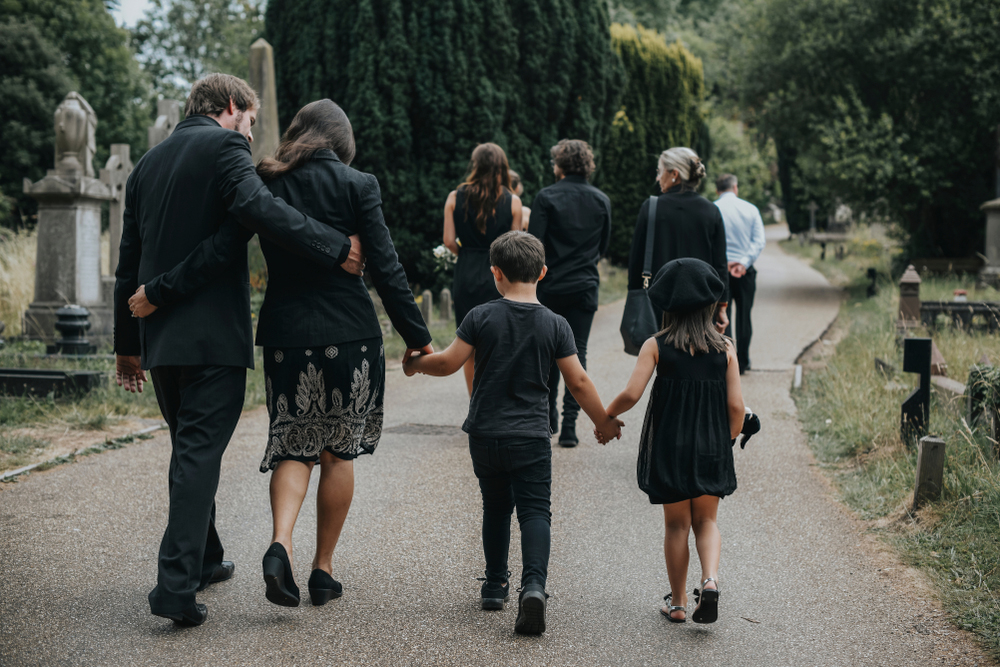Sadness is a natural human emotion you might feel after a tragic, unexpected or unfortunate event. Sometimes, a short-term form of unhappiness called situational depression can occur after you go through a sudden change in life and have trouble adjusting.
What Is Situational Depression?
At its heart, situational depression stems from a struggle to cope with upheaval. For example, if you lose a job, it could take some time to accept the reality of your circumstances and move forward with your life. Situational depression symptoms can include:
- Apathy
- Persistent hopelessness and sadness
- Disrupted sleep
- Crying jags
- A vague sense of anxiety and worry
- Difficulty concentrating
- Loss of interest in previously enjoyable hobbies and activities
- Withdrawing from family and friends
- Using drugs or alcohol to cope with challenging emotions
Most people who experience situational depression begin to have symptoms soon after the triggering event, but recovery is possible once you come to terms with the change. While a mild case of situational depression may resolve on its own, you can work with a therapist if your condition persists or worsens.
Situational Depression vs. Clinical Depression
Clinical depression, also known as major depressive disorder, shares many of the same symptoms as situational depression, but they are severe enough to interfere with your daily responsibilities. Unlike situational depression, it typically doesn’t stem from one specific trigger.
Some people with clinical depression experience delusions, hallucinations and other psychotic disturbances, or have frequent, disturbing thoughts of self-harm or suicide. These aren’t usually characteristics of situational depression.
If your depressed mood is preventing you from getting any joy out of life or adversely affecting your ability to function, it is cause for concern. Schedule an appointment with a doctor, who can ask you questions about your symptoms, screen you to rule out other conditions and put you on a depression treatment regimen.
How to Heal From Situational Depression
Most cases of situational depression are only short-lived. However, you can take proactive steps to improve your mood and find relief. Here are a few straightforward things to try.
- Get more vitamin D: A vitamin D deficiency can lead to depression-like symptoms. The good news is that your body naturally produces vitamin D from exposure to sunshine, so going outside and soaking up the sun’s rays can make you feel happier.
- Practice mindfulness: The benefits of taking a more mindful approach to life are well-documented, from reducing the harmful symptoms associated with chronic stress to helping fight depression. You can work to become more mindful with proven practices such as yoga, meditation and breathing exercises.
- Talk to a therapist: Through therapy, you can learn additional healthy, drug-free techniques for working through situational depression. For example, an approach called cognitive behavioral therapy has helped many people learn to replace negative thought patterns with more affirmational ones.
- Eat a balanced diet: The nutritional choices you make can play a central role in improving your mental well-being. Foods like dark chocolate, yogurt, bananas, oats and berries all have mood-boosting properties.
Learning to Move Forward
If you are having trouble with your emotional well-being, it can take a toll on other facets of your life. As one of the nation’s most comprehensive treatment campuses, Pine Grove Behavioral Health & Addiction Services offers a holistic model for helping you move through the recovery process. To learn more about what we provide and how we can heal you, contact us today.

